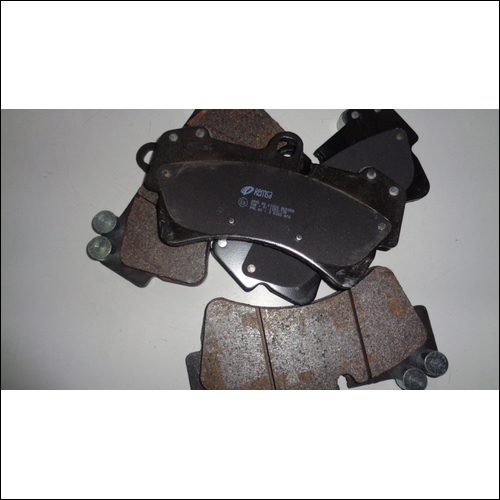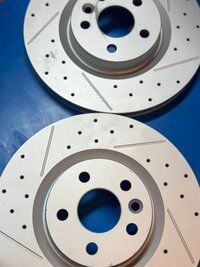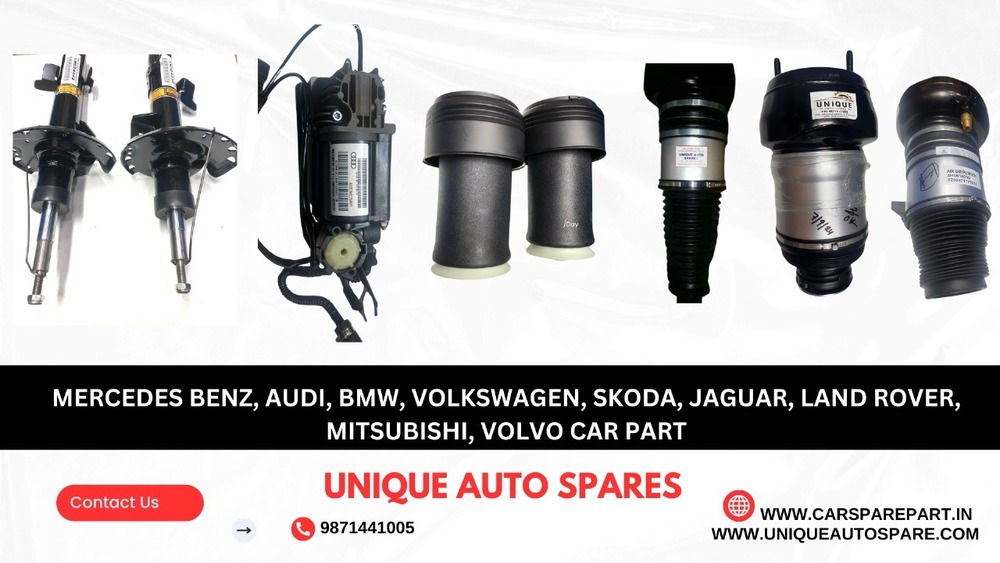Brake pad Audi Q7
Product Details:
- Color Black
- For Use In Automobile Industry
- Product Type Brake pad Audi
- Click to View more
X
Brake pad Audi Q7 Price And Quantity
- 1 Set
Brake pad Audi Q7 Product Specifications
- Black
- Automobile Industry
- Brake pad Audi
Brake pad Audi Q7 Trade Information
- 1000 Set Per Day
- 1 Days
- cardboard box and cover with sack
- All India
Product Description
Brake pad Audi Q7 car, Brake pad Audi A4 car, Brake pad Audi A3 car, Brake pad Audi A6 car, Brake pad Audi A8 car,- Ceramic Brake Pads: Known for producing less dust and noise, with good durability. Theyïre often more expensive but offer a smoother braking experience.
- Semi-Metallic Brake Pads: Offer better heat dissipation and stopping power, ideal for heavy-duty use, but can be noisier and may wear down the rotors faster.
- Organic (Non-Asbestos Organic): These are typically the quietest option, made from materials like rubber, glass, or Kevlar. Theyïre softer and wear out faster but are gentle on rotors.
2. Recommended Brands
- OEM (Original Equipment Manufacturer): Audiïs original brake pads are manufactured to fit perfectly and offer reliable performance. Audi OEM parts can usually be found at Audi dealerships or specialized online parts stores.
- Aftermarket Brands: Some reputable brands for the Audi Q7 include:
- Brembo: Known for high-quality, durable pads.
- Bosch: Reliable performance with minimal noise and dust.
- Akebono: Ceramic pads that are quiet and long-lasting.
- TRW: Often used as original equipment on European vehicles.
- Hawk Performance: Offers high-performance pads suitable for SUVs.
3. Signs Itïs Time to Replace Brake Pads
- Squeaking or squealing noises while braking
- Grinding sounds, which indicate worn-down pads
- Reduced braking performance or longer stopping distances
- Vibration or pulsing in the brake pedal
- A brake pad warning light on the dashboard (if equipped)
4. Typical Replacement Process
- Preparation: Gather the required tools and ensure the vehicle is on a stable, level surface.
- Removal: Remove the wheel, caliper bolts, and then the old brake pads.unique auto spares.Car Brack Pads Supplier in india.
- Installation: Install the new pads and reassemble the components in reverse order.
- Bed-In Process: Follow the bed-in process to ensure the new brake pads settle in properly. This usually involves gradual braking to warm up the pads and rotors without coming to a full stop.
Enter Buying Requirement Details
Other Products in 'Audi Car Parts, Audi Spare Parts & Audi Car Accessories' category
Back to top
















